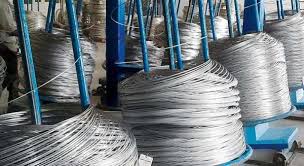This type of tinting features a layer of dye Towing company placed between an adhesive layer and protective top coating. It is effective in reducing glare and heat but may fade over time.
2. Metalized Window Film: Metalized films are composed of small metallic particles that reflect heat and UV rays. They are durable, offer good heat reduction, and provide added strength to the glass. However, they can interfere with electronic signals like GPS or mobile networks.
3. Carbon Window Film: Carbon window film contains carbon particles that do not fade over time. It effectively blocks heat, UV rays, and offers high durability without interfering with electronic signals.
4. Ceramic Window Film: Ceramic film is known for its high heat reduction properties without compromising visibility or interfering with electronic signals. It is durable, blocks UV rays effectively, and maintains a clear view from the inside.
Regulations and Legal Considerations
While tinted windows offer numerous benefits, it’s crucial to adhere to local regulations and laws governing window tinting. Different regions have specific laws regarding the darkness of tint allowed on vehicles and buildings. These regulations often consider factors such as visibility, safety, and law enforcement’s ability to see inside vehicles.
Before applying window tint, it’s essential to research and comply with local regulations to avoid potential fines or legal issues. Many jurisdictions require tinted windows to meet specific standards and may necessitate certification or professional installation to ensure compliance.

